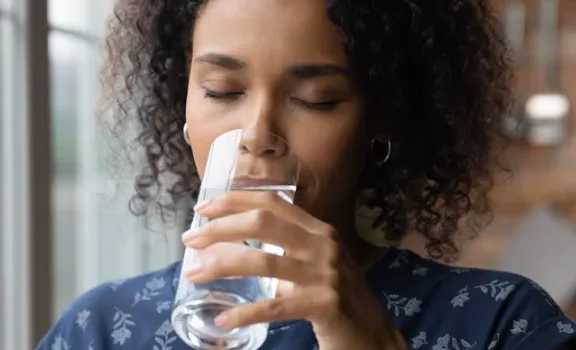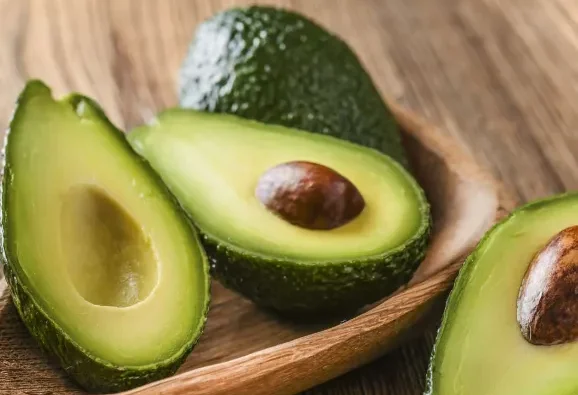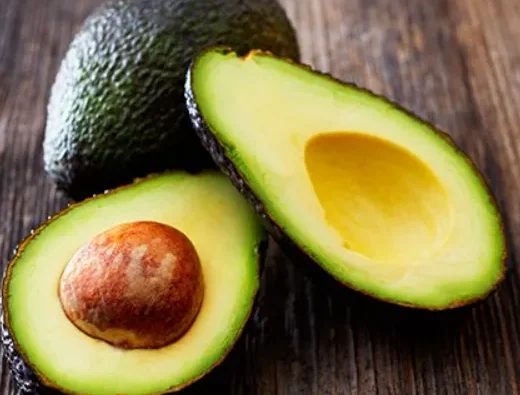Staying properly hydrated is more important for your health than you might think, especially when it comes to managing your blood pressure. While many focus on diet and exercise to control blood pressure, hydration plays a key role too. Understanding how hydration impacts blood pressure can help you avoid unnecessary treatments and support your heart health.
What Happens When You’re Dehydrated?
Dehydration occurs when your body doesn’t have enough water to function properly. Fluid is lost continuously through activities like breathing, sweating, urination, and bowel movements, and it needs to be replenished to maintain balance. When you don’t take in enough fluids, dehydration sets in. Even minor dehydration can affect your body’s ability to regulate blood pressure.
Early Signs of Dehydration
Mild dehydration can cause symptoms like thirst, a dry mouth, or dark yellow urine. While these may seem like simple signs that you need more water, they indicate an imbalance that could be affecting your blood pressure and circulation. Your body starts to adjust to this fluid loss to maintain stability.
What Happens When Blood Volume Decreases?
As dehydration progresses, your body loses a portion of its water content, which accounts for 50% to 80% of your blood volume. With less fluid circulating through your body, oxygen and nutrients aren’t delivered as efficiently. To compensate, your body constricts blood vessels and retains sodium and water in an attempt to stabilize blood volume. These adjustments can result in higher blood pressure as your system works harder to keep things in balance.
Chronic Dehydration and Heart Health
Consistently low fluid intake puts strain on your body’s compensatory systems, leading to long-term effects on heart health. Chronic dehydration has been linked to vascular damage, reduced blood flow to the heart, and increased levels of certain hormones or enzymes that elevate blood pressure over time.
How Dehydration Affects Blood Pressure Readings
Your hydration level can directly influence your blood pressure readings. Even moderate fluid loss from sweating, exercise, or heat exposure can temporarily raise your blood pressure numbers. If your provider doesn’t know you’ve recently lost fluids, they might misinterpret these higher readings as a sign of hypertension, potentially leading to unnecessary tests or medications.
It’s essential to inform your doctor about any recent fluid loss so they can accurately interpret your blood pressure and determine if dehydration is the cause of a temporary spike.
Can Dehydration Cause Low Blood Pressure?
While dehydration is typically linked to high blood pressure, severe dehydration can cause blood pressure to drop dangerously low. When fluid loss is extreme, your body struggles to compensate, leading to hypotension (low blood pressure). This can result in dizziness, confusion, and weakness. In severe cases, emergency care and IV hydration may be necessary to restore fluid balance and stabilize blood pressure.
Tips for Staying Hydrated
Maintaining proper hydration is essential for your overall well-being and blood pressure management. Here are some tips to help you stay properly hydrated:
Know Your Hydration Needs
General guidelines suggest adult women should aim for about 9 cups of fluid per day, while men should aim for around 13 cups. However, your individual needs can vary based on factors like medications, activity levels, climate, and health conditions. For example, certain medications increase urination, requiring more fluid intake. Speak with your doctor to determine your personalized hydration target based on your health and lifestyle.
Listen to Your Body’s Hydration Signals
Pay attention to signs of dehydration, such as dry mouth, fatigue, or headaches. These can be reminders to drink more, especially during physical activity or when spending time in hot weather. If you struggle to stay hydrated due to illness or medications, let your doctor know so they can help manage those conditions.
Choose the Right Beverages
Water is the best option for staying hydrated. If you prefer something more flavorful, try sparkling water, herbal teas, or low-fat milk. Avoid excessive caffeine and alcohol, as both can lead to fluid loss. You can also add fruits like citrus, berries, or melon to your water for a refreshing and hydrating twist.
Eat Hydrating Foods
Around 20% of your daily fluid intake comes from food, so eating hydrating foods is also important. Fruits and vegetables like cucumbers, watermelon, and tomatoes have high water content and provide vitamins and antioxidants. Soups and stews are another great way to boost your hydration levels. Include these foods in your meals to help meet your daily hydration needs.
Conclusion
Hydration is a simple yet effective way to manage your blood pressure and support heart health. By staying mindful of your hydration levels and drinking enough fluids throughout the day, you can help your body regulate blood pressure and avoid unnecessary health complications. Remember to listen to your body, consult with your doctor, and make hydration a priority for better long-term health.











